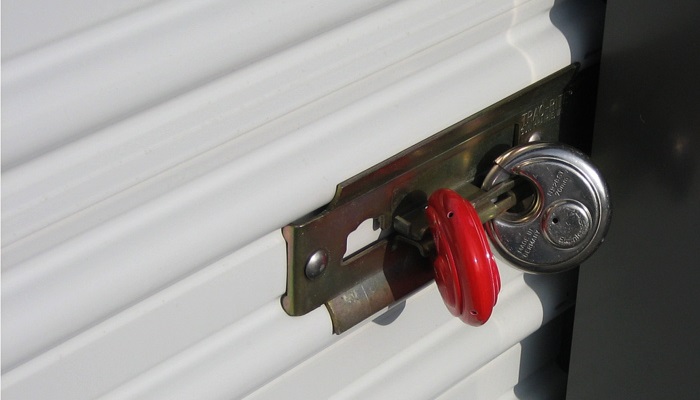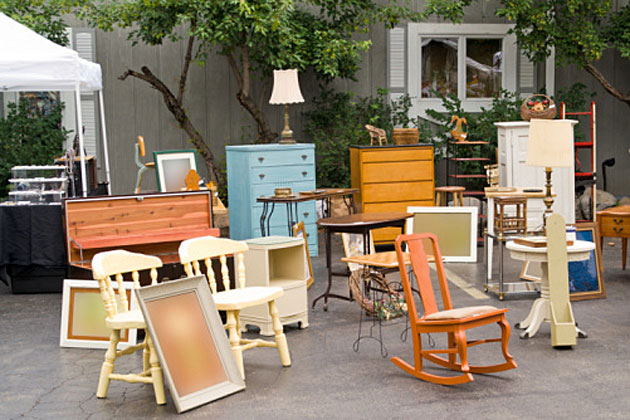With so much focus on hunting for treasures, it's easy to forget about a storage unit's original tenant. Many auction hunters rent storage units themselves, though, either to store items they win or for personal reasons. Whether you're working on both sides of the industry or just keep your personal belongings in storage, it's important to take steps to protect your belongings and avoid seeing them at an auction.
Storage facilities don't like auctioning units off if they don't have to. They're in the business of storing items, not selling them, and auctions can be time-consuming and stressful for facility owners. They also generally do not profit from the sales. In most cases, the facility owner will be willing to work with renters. Here are a few tips for keeping your items out of auction if you fall behind on your payments:
- Try to make a partial payment, even if you can't pay off everything that you owe.
- Offer a settlement to the manager to see if you can negotiate your back rent down to a more affordable price in exchange for you immediately emptying out the unit.
- Consider borrowing money from a friend or family member if you know you'll be late; that will keep you from paying late fees.
- If you know you're going to be late on your rent, empty out your unit as soon as possible. Most storage facility managers will deactivate your access code and over lock your storage unit in as little as 3-5 days after the due date.
The storage facility will usually give you 60-90 days to make up your late rent before your items go up for auction. Bear in mind that you can pay off your unit at any time up until the auction has finished.
It's important to keep all of your contact information up-to-date. If the storage facility doesn't know your current address, phone number and email address, they won't be able to contact you to let you know that your unit is going up for auction. In some cases, you might not even realize that you're behind on rent unless you're notified. For example, if you pay with a credit card and the card on file is expired, you could lose the unit. Always check this information to prevent problems.
If you do lose your items, you might be able to get some of them back. If you attend the auction, you can approach the person who purchased your unit and request to get back personal items like photographs or tax documents. Many auction-hunters will be happy to give these things back to you if you're polite. Be aware, however, that they're under no obligation to do so, so there's no guarantee that you'll get your personal items back. Last but not least, find out how much the storage unit sold for. If your storage unit sold for more than what you owe in back rent and late fees, you may be entitled to a refund of the overage.
Are you about to lose your storage unit and need advice? Have you lost a storage unit or had to negotiate with a storage facility to get your stuff back? Share your story in the comments section below.


